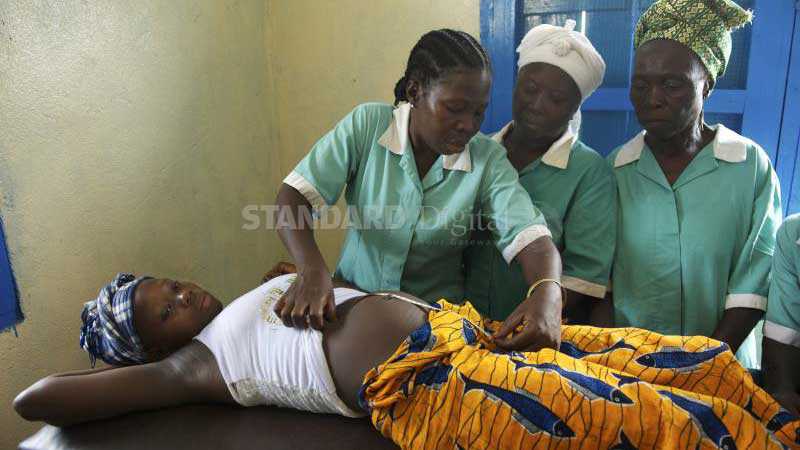×
The Standard e-Paper
Fearless, Trusted News

Kenya continues to make significant progress towards improving the health status of its people. Our efforts have resulted in a significant reduction of maternal and child mortality rates with a positive impact on health outcomes of our mothers, children and communities.
However, the country is now faced with the challenge of the double burden of communicable and non- communicable diseases, which the government is committed to ensure we achieve the goal of health for all.